Now Reading: Latest Electronics Updates That Will Change How You Live 2025
-
01
Latest Electronics Updates That Will Change How You Live 2025
Latest Electronics Updates That Will Change How You Live 2025
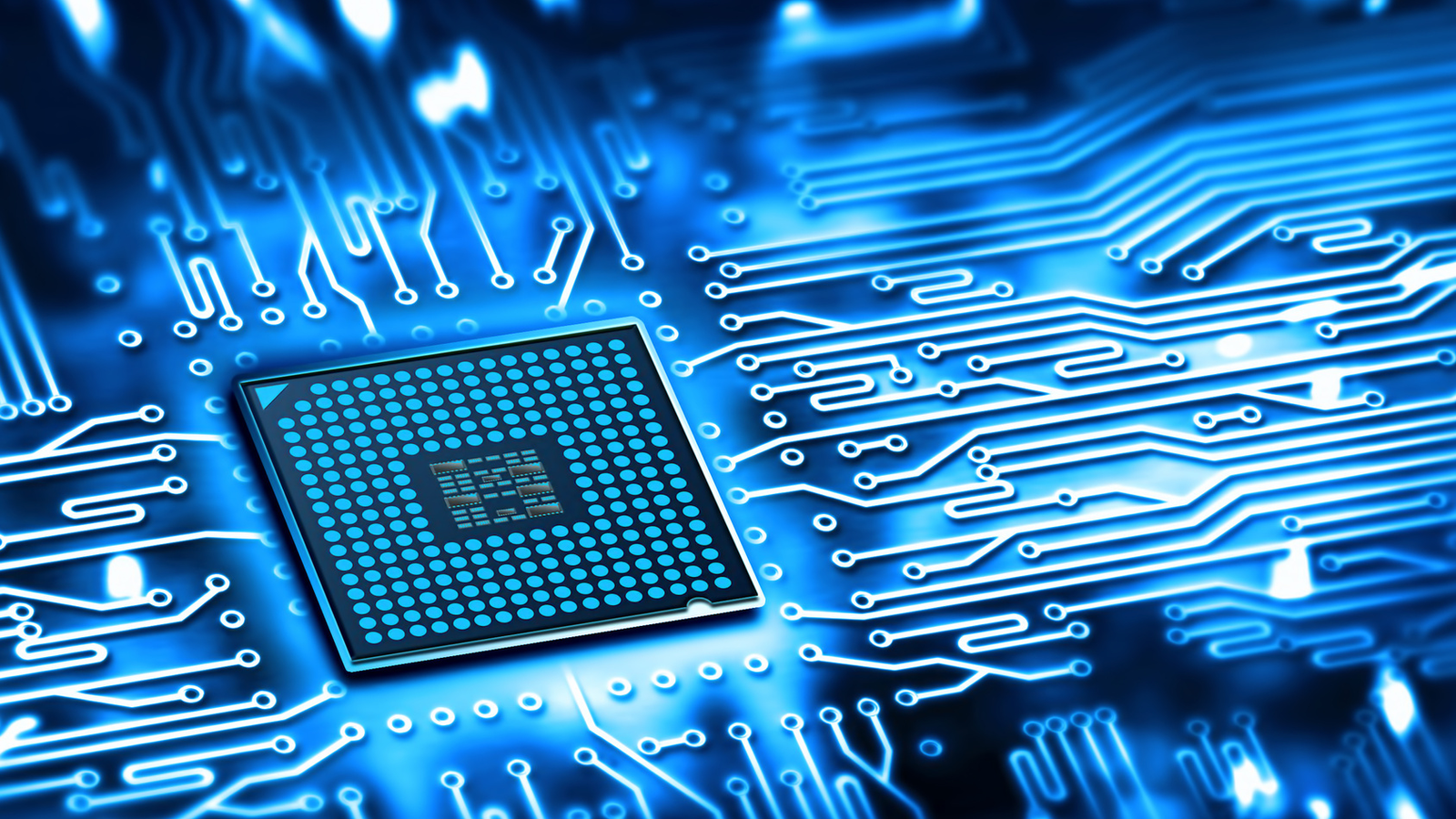
Table of Contents
Electronics are evolving at a faster pace than ever before. Every year brings smarter, faster, and more powerful devices that redefine how we live, work, and play. From foldable smartphones to AI-powered appliances, the world of electronics in 2025 is full of surprises and groundbreaking changes.
In this article, we explore the latest electronics updates, trends, and innovations shaping the industry right now. Whether you’re a tech lover, a curious shopper, or a business owner, these updates will help you stay informed and ahead of the curve.
1. Smarter and Faster Smartphones
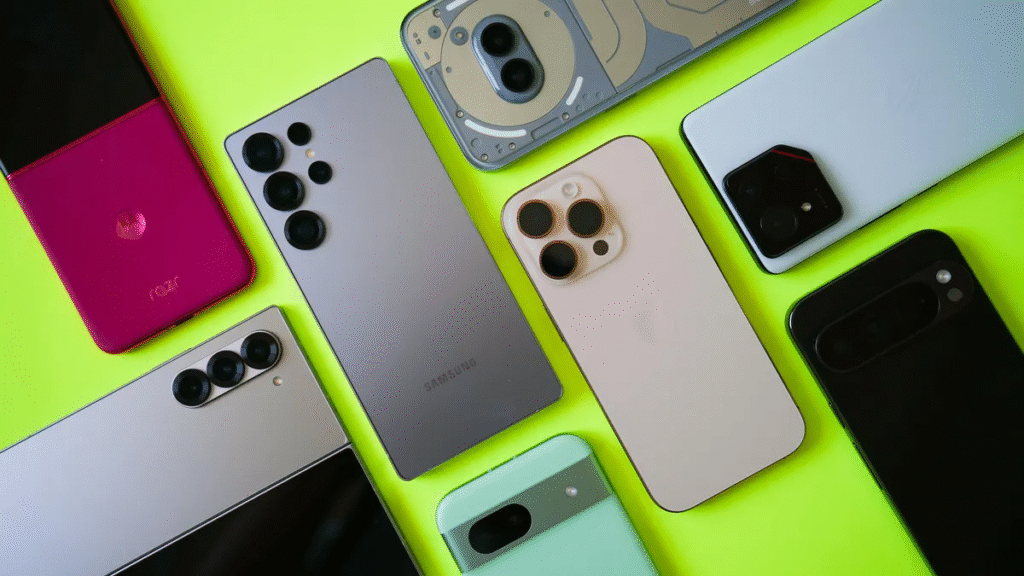
One of the biggest areas of innovation in electronics is smartphones. In 2025, leading brands like Apple, Samsung, and Xiaomi are pushing the boundaries of design and performance.
- Foldable and Rollable Displays: Samsung and Motorola have already launched foldable phones, but 2025 is seeing the rise of rollable screens. These allow your phone to expand and contract based on your needs. LG and TCL are leading this charge with prototypes now becoming commercial products.
- AI Integration: Smartphones are becoming more intelligent. AI-powered features like real-time translation, voice recognition, and smart photography are making everyday tasks easier and faster.
- Satellite Connectivity: Apple’s recent updates included emergency satellite communication. In 2025, other brands are adding similar features, allowing users to stay connected even in remote areas.
2. Home Electronics Are Becoming Smart Hubs
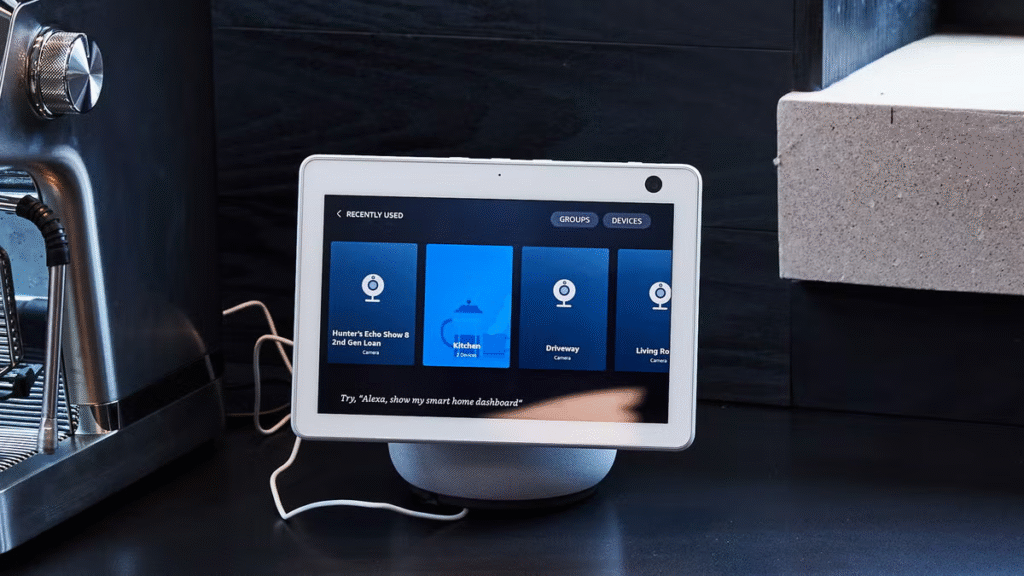
The concept of the “smart home” is no longer just a dream. More households are now adopting electronic devices that can communicate with each other through the Internet of Things (IoT).
- Smart TVs and Entertainment Systems: Televisions are not just for watching movies anymore. Smart TVs in 2025 come with built-in voice assistants, app ecosystems, and even gaming capabilities. Brands like Sony, LG, and Samsung are offering 8K displays with enhanced sound and connectivity.
- Voice-Controlled Appliances: From smart refrigerators that track your groceries to washing machines that choose the best settings, electronics in your kitchen and laundry room are getting smarter. Amazon Alexa and Google Assistant are now supported by many appliances across brands.
- Security and Monitoring Devices: Smart doorbells, motion detectors, and cameras are becoming more common in urban homes. These devices now offer AI-driven alerts, facial recognition, and cloud-based storage.
3. Wearable Tech is Redefining Health and Fitness
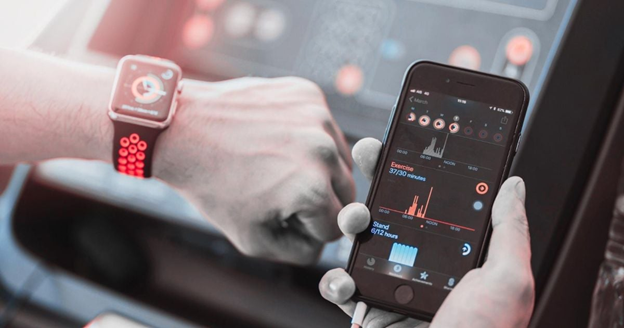
Wearable electronics are not just fashion accessories; they are powerful health and productivity tools. The global market for wearables is expected to cross $130 billion by the end of 2025.
- Smartwatches and Fitness Trackers: The latest smartwatches from Apple, Garmin, and Fitbit can track heart rate, sleep patterns, oxygen levels, and even stress. Some models even offer ECG scans and blood pressure monitoring.
- Smart Glasses: Companies like Meta and Xiaomi are working on lightweight smart glasses that can display information, take calls, and offer real-time navigation.
- Medical Wearables: Health-focused devices are helping patients and doctors monitor chronic conditions like diabetes and hypertension. Continuous glucose monitors and wearable ECG monitors are growing in popularity.
4. EVs and Smart Mobility Gadgets
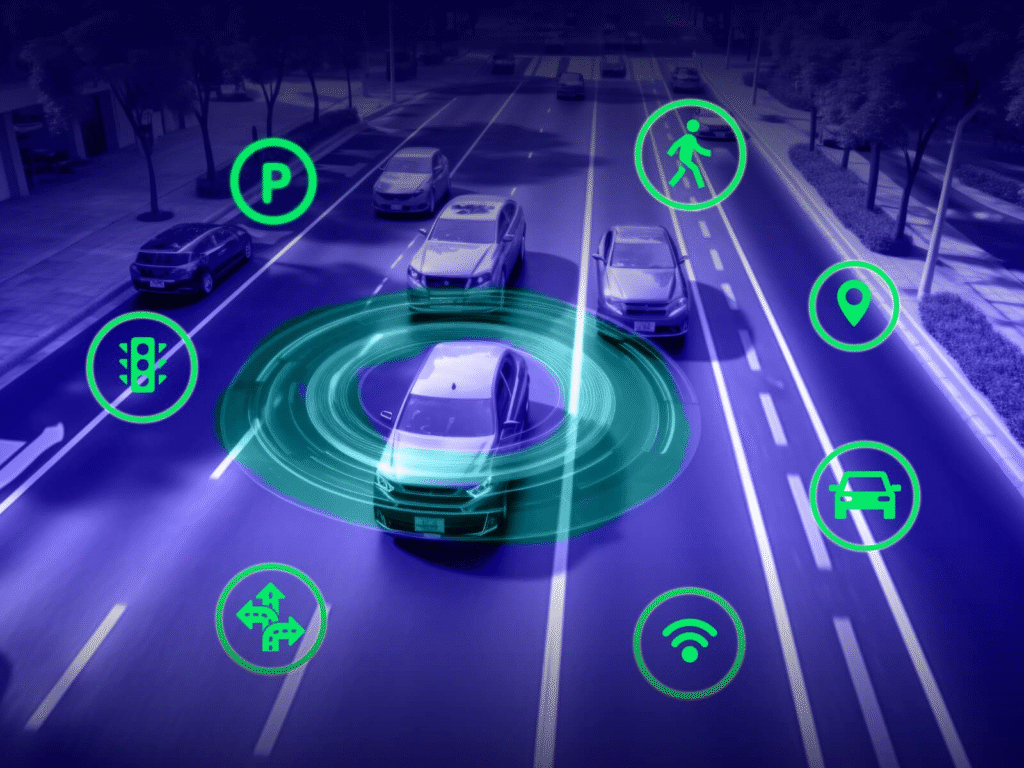
The electronics industry is closely linked with electric vehicles (EVs) and mobility tools.
- Electric Scooters and E-Bikes: Compact and eco-friendly vehicles like e-scooters and e-bikes are becoming common in cities. These devices often include features like GPS tracking, Bluetooth control, and app-based performance tracking.
- EV Accessories: Electronics in electric cars now include advanced infotainment systems, autonomous driving tools, and smart battery monitors. Tesla, Rivian, Tata, and Hyundai are leading the charge with AI-based features for comfort and safety.
- Charging Infrastructure: Smart EV charging stations are being installed in homes and public spaces. These can now be managed via apps that track usage, power cost, and charging time.
5. AI-Powered Personal Devices
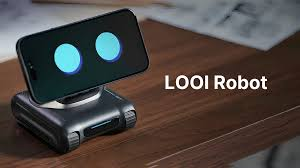
AI is becoming the core of many personal electronics.
- AI Assistants: Chatbots and AI assistants are more accurate, personal, and responsive in 2025. Devices like Amazon Echo and Google Nest now offer features like scheduling, shopping, and even small talk.
- Language Translators: Handheld language translator devices are using AI to provide instant and more accurate translations, ideal for travelers and international business users.
- Learning Gadgets for Kids: Smart learning tablets and robots are being used in classrooms and homes. These devices help children learn through interactive lessons and games powered by AI.
6. Eco-Friendly Electronics

Sustainability is now a key focus in the electronics industry. Consumers and companies alike are moving toward greener practices.
- Recycled Materials: Brands like Dell and Apple are using recycled aluminum and plastics in their products. Some gadgets now include biodegradable parts.
- Energy-Efficient Devices: New energy standards are making TVs, air conditioners, and washing machines more energy-efficient. This not only helps the environment but also reduces electricity bills.
- E-Waste Management: Electronics brands are launching take-back programs and offering trade-in discounts. This promotes responsible disposal and reuse of electronic components.
7. Gaming and Virtual Reality (VR)

The gaming industry continues to benefit from rapid electronic innovation.
- Next-Gen Consoles: The PlayStation 6 and Xbox’s latest edition boast faster processors, better graphics, and cloud gaming capabilities.
- VR and AR Devices: Meta Quest, Sony VR, and Apple Vision Pro are taking immersive gaming to the next level. These gadgets are also used for work, meetings, and education.
- Gaming PCs and Accessories: High-performance laptops and custom-built PCs are gaining popularity, especially among esports fans and streamers. Accessories like curved monitors, RGB keyboards, and advanced cooling systems are in demand.
Conclusion
Electronics in 2025 are smarter, more connected, and more eco-friendly than ever before. With ongoing updates and innovations, it’s an exciting time for consumers and businesses alike. Whether you’re upgrading your smartphone, investing in smart home tech, or exploring wearable devices, staying informed about the latest trends will help you make the best choices.
As technology continues to evolve, so does the way we interact with the world. These electronics updates are not just about gadgets they’re shaping the future of how we live.
Read More:- Shobha Realty Launches Its Most Luxurious Project Yet—Full Details Inside 2025





















